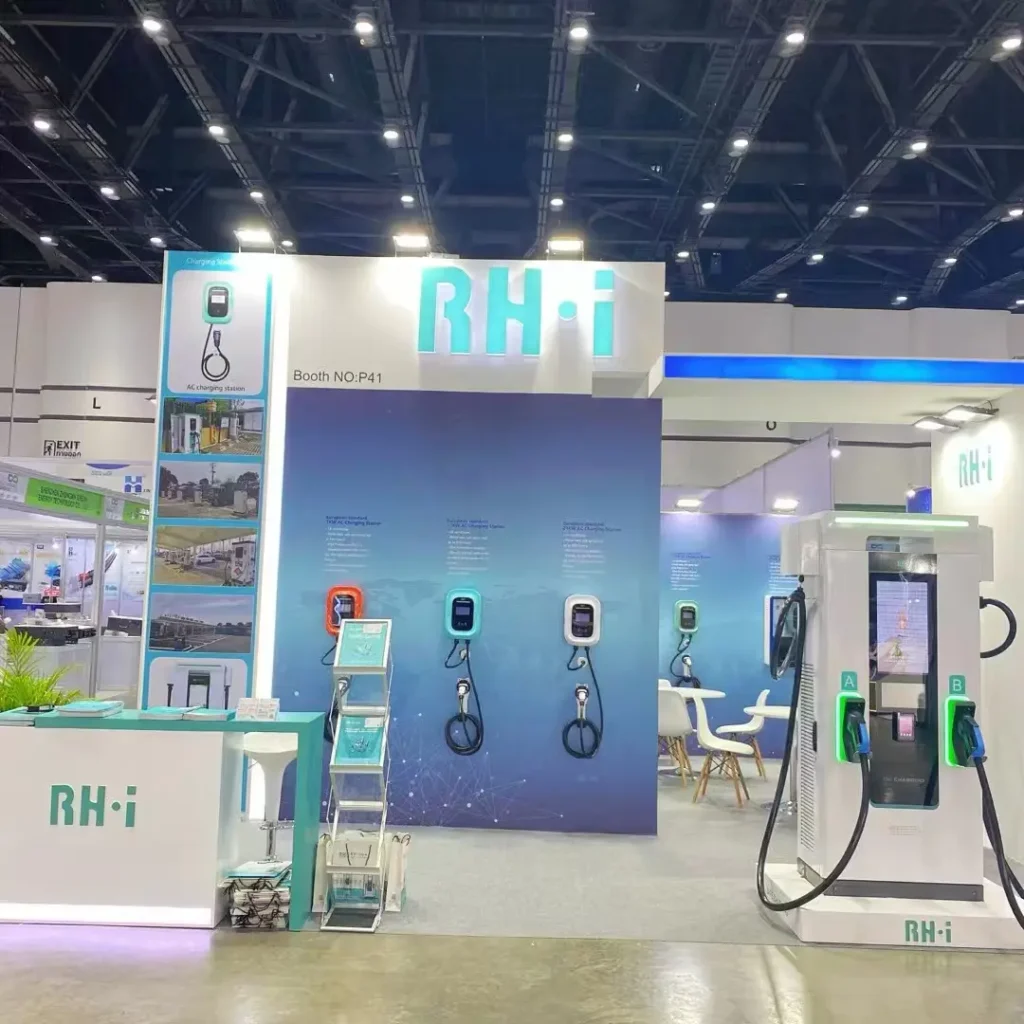Do you need a EV Car Home Charger?
Do I really need a EV home charger for my car? While public charging stations are available, installing a home charger offers many advantages that can make your electric vehicle experience more convenient and cost-effective.
An EV car home charger offers the convenience of charging at home without having to search for a public charging station every time you need to charge. This saves time, reduces stress and ensures that your vehicle is always available when you need it.
What do you need to know about charging your electric vehicle at home? Are there different options available? Do you really need a dedicated home charging station? This guide will answer these questions and more.

What is an EV car home charger?
Essentially, a “ev car home charger” is a dedicated home electric vehicle charging station. It is a device that allows electric vehicle (EV) owners to charge their vehicles at home using household power. While home EV car chargers come in all shapes, sizes and functions, they all require specialized installation and a special connection to the home meter box that allows them to provide much more power than a regular home outlet.
As a result, EV car home chargers typically charge EVs faster than simply plugging into a standard outlet, although they can’t match the fastest commercial chargers used around the highway, which require much higher voltages than those found in the home environment.
There are two main types of EV car home chargers:
Level 1 chargers: Use a standard 120-volt outlet (the same outlet used for most household appliances). Charging is slower and adds about 3 to 5 miles of range per hour of charging. No special equipment or installation is required, making it ideal for those who don’t drive long distances every day.
Level 2 Charger: This type of charger uses a 240-volt outlet (similar to those used for appliances such as dryers or ovens) and is much faster than a Level 1 charger. It can add 10 to 60 miles of range per hour. Most homeowners choose to install a Level 2 charger for faster, more efficient charging, which usually requires a professional to install.
Do you need a EV car home charger for your electric car?
The answer is no, but there are a few things to consider:
First of all, not everyone has the option of installing a home charger. If you live in an apartment complex or in a city that doesn’t have dedicated parking, you may not have a convenient location to install a charger.
However, just because you don’t have a home charging station doesn’t mean you shouldn’t buy an electric car. More and more EV drivers have access to workplace charging stations, and if that’s not an option for you, public charging stations are available to you.
But even if you have your own parking space, the question remains: do you really need a home charger to charge your EV? The answer is no – you can simply plug your electric car into a standard electrical outlet at home. However, a dedicated EV home charger offers several advantages, including greater safety, convenience and faster charging.
Can You Charge Your EV Without a Home Charger?
Yes, you can.
Often it is only necessary to purchase the cable that came with your electric car. Take the charging cable that came with your car and a standard power outlet. Simply plug your car into the power outlet grid. However, this method has limitations and is not suitable for everyday use, and in some cases it may even be unsafe.
Risks of charging through a standard outlet:
This is because standard outlets may not be designed to handle the high loads required for EV charging. Nor do they offer special protection against overloading household circuits. This can lead to safety issues.
And it gets worse if you use an extension cord. Because many extension cords are not rated to charge electric cars, they are a fire hazard. This is a common problem.
Note: Nearly three-quarters of EV drivers in the UK admit to charging their EVs at home with domestic multi-socket extension cords that are not suitable for outdoor use, and some even daisy-chain more extension cords together to extend the charging distance, or leave them outdoors when it rains.
While using an extension cord to charge your car may seem like a cheaper and more convenient option, never underestimate the risk of electrical hazards.
Slow charging when you don’t have a home charger:
In addition to safety concerns, electric cars can charge very slowly when there is no dedicated home charger.
For example, it takes about 24 hours to charge a medium-sized electric car with a 50 kWh battery to 80% using an ordinary household socket (120V). This can be problematic, especially if you are going on a long trip and need more range than an overnight charge can provide.
What Are the Benefits of Charging Your EV with an EV Car Home Charger?
So what makes home EV chargers different if charging from a standard outlet isn’t a good option in the long run? While EV home chargers come with a variety of features, their main benefits are charging speed, safety and flexibility. Let’s take a closer look at these benefits.
Faster charging speed
Since home EV chargers have a dedicated connection to the meter box, they can deliver more power to the EV, resulting in faster charging. Home EV chargers can deliver 7.4 kW, 11 kW or even 22 kW compared to the typical 2.3 kW output of a standard household outlet.
The exact power of the charger depends on your specific needs, your vehicle and your home’s electrical system. But they can charge at least three times faster than charging from a regular outlet, and up to five or even 15 times faster with a higher-powered EV home charger.
To give you a general idea of how this extra power translates into faster charging, the table below compares the charging times of small, medium and large EVs at different power outputs.
| Type of EV | Large EV | Medium EV | Small EV |
| Average battery size (right) Power Output | 75kWh | 50kWh | 25kWh |
| 2.3 kWh(home socket) | 32h 45min | 24h 30min | 10h 30min |
| 7.4kWh | 10h | 7h 45min | 3h 45min |
| 11kWh | 6h 45min | 5h 15min | 2h |
| 22kWh | 4h 30min | 3h | 1h |
Overall, even the slowest home EV charger (7.4 kW) can charge a mid-size EV overnight, while a faster home EV charger can reduce charging time by a significant amount. Of course, actual charging times vary from vehicle to vehicle, depending on battery capacity. For reference, the average battery capacity of today’s EVs is about 64 kWh.
Charging at home with an EV car home charger is safer
Charging with a standard outlet can pose risks if the current load becomes too high, leading to potential overloads in your home’s electrical system. On the other hand, home EV chargers are specifically designed for high-power charging, with built-in safety features such as overload protection, short circuit protection, and temperature control.
These safety mechanisms help protect against electrical faults and reduce the risk of fire hazards, providing a safer charging experience compared to using standard household outlets.
Flexibility and Convenience
Many EV car home chargers are equipped with connectivity, and in some countries it is even a requirement. This includes the ability to remotely manage and control the charging process (often through a smartphone app) as well as insights into energy use and charging costs in relation to charging.
Finally, connected home chargers can often receive automated software updates that allow new features to be added remotely, bugs to be fixed and remote troubleshooting to be allowed.
Connected EV car home chargers can also have a variety of smart charging features, such as dynamic load balancing, which automatically distributes available capacity on the network between EVs and other devices.
Conclusion:
To summarize, the best ev car home EV charger depends on your specific needs, preferences, and the limitations imposed by your budget and location. You need to consider the charger’s power, installation cost, charging speed, smart features, and compatibility with your home’s electrical system. Before making a decision, it’s a good idea to consult a professional electrician to ensure that the charger you choose is compatible with your home’s electrical system and will operate safely and efficiently!
